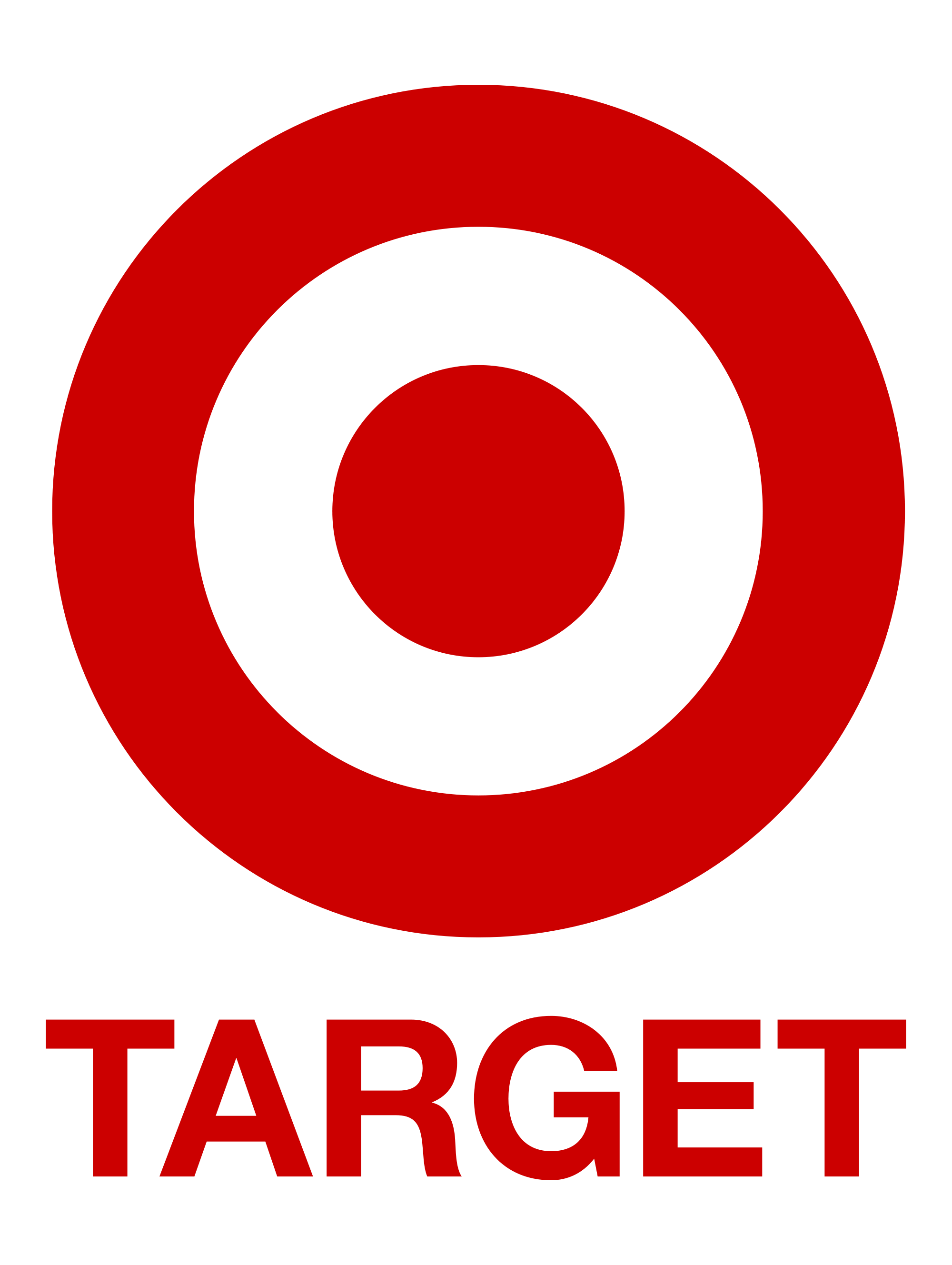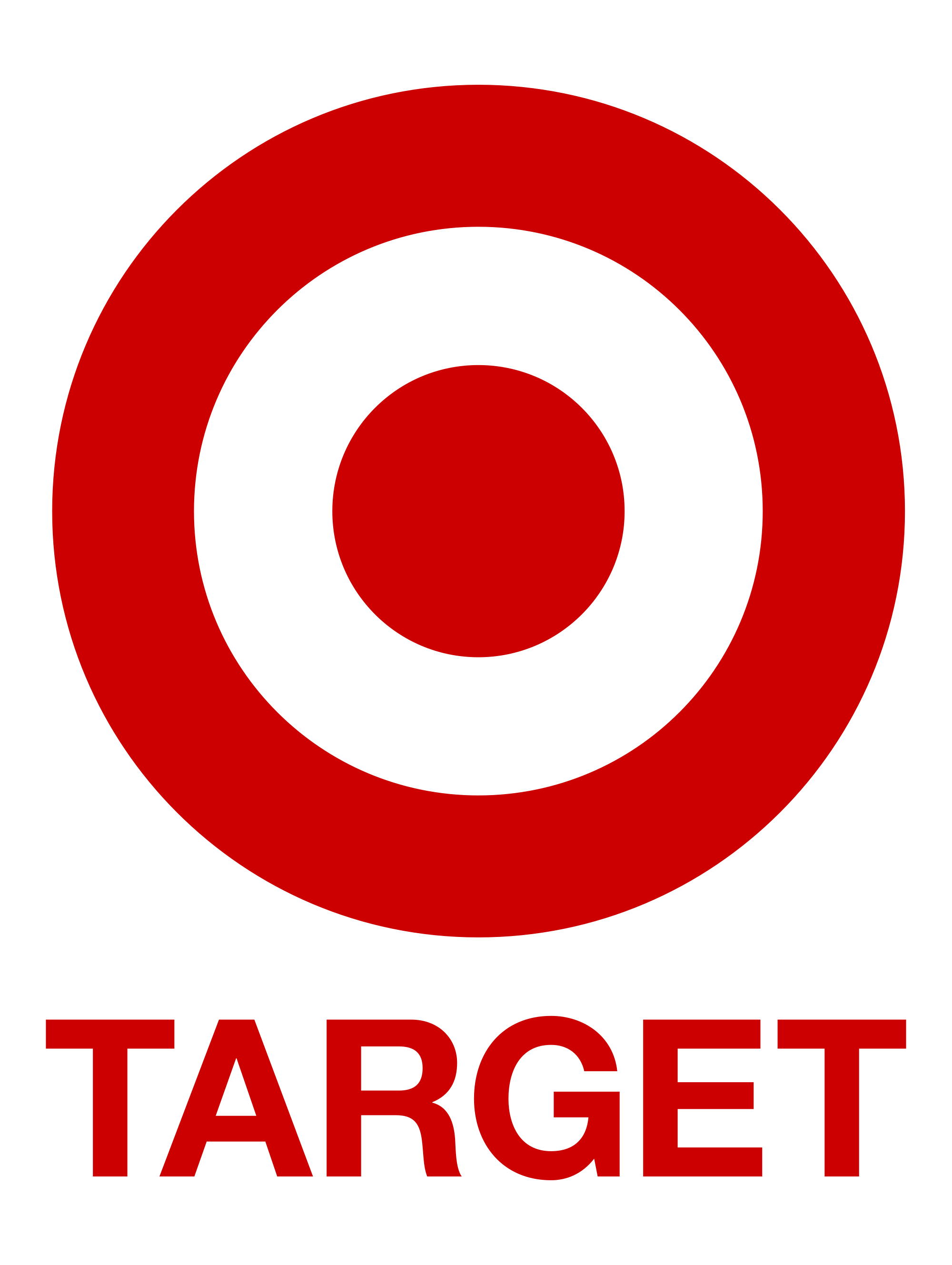
This Target press release announces a legal agreement signed by Target with of the American Council of the Blind (ACB), the American Foundation for the Blind, and the California Council of the Blind (CCB). In the the Target point of sale agreement, Target agreed to install tactile point of sale devices at stores across the United States so that blind people do not have to disclose their PIN when using a debit card. Lainey Feingold and Linda Dardarian were the lawyers for the blind community, using Structured Negotiations to achieve this agreement.
Simplified Summary of this Document
Target Improves Point of Sale Equipment to Benefit Shoppers with Visual Impairments
Minneapolis, Minn. (May 14, 2009)– The American Foundation for the Blind (AFB), American Council of the Blind (ACB), California Council of the Blind (CCB) and Target (NYSE:TGT) announced today that the organizations have collaborated to improve the Target checkout experience of guests with visual impairments and ensure their privacy. The AFB, ACB and CCB applaud Target’s efforts and urge other retailers to follow its example.
Point of Sale Improvements
Target will add tactile keypads to point of sale devices at all Target stores. This improvement allows shoppers who have visual impairments or difficulty reading information on a touch screen to privately and independently enter their personal identification number (PIN), protecting their financial privacy.
The devices feature keys arranged like a standard telephone keypad and work in conjunction with Target’s current point of sale terminals. All Target stores in California will have the new devices by December 2009, and keypads will be installed in all Target stores nationwide by the end of 2010.
I applaud Target, one of the largest national retailers, for making these equipment changes that recognize that blind and visually-impaired customers must have the same level of privacy and security when making purchases as our sighted peers. In this era of rampant identity theft, the ability to use tactile point of sale devices is crucial. — Mitch Pomerantz, president of the American Council of the Blind
Ann Marie Janke, vice president, Target Technology Services, Guest Development, said, “Target is committed to providing an exceptional experience and fostering an inclusive shopping environment for all our guests. We are eager to make changes to our point of sale keypads that will enhance the guest experience and ensure the privacy protection of our visually-impaired guests.”
About Target
Minneapolis-based Target Corporation (NYSE:TGT) serves guests at 1,699 stores nationwide and at Target.com. Target is committed to providing a fun and convenient shopping experience with access to unique and highly differentiated products at affordable prices. Since 1946, the corporation has given 5 percent of its income through community grants and programs like Take Charge of Education. Today, that giving equals more than $3 million a week.
About American Council of the Blind (ACB) and California Council of the Blind (CCB)
American Council of the Blind is a national consumer-based advocacy organization working on behalf of blind and visually impaired Americans throughout the country, with members organized through seventy state and special interest affiliates. The California Council of the Blind are the Massachusetts and California state affiliates of the ACB. ACB and CCB are dedicated to improving the quality of life, equality of opportunity and independence of all people who have visual impairments. Their members and affiliated organizations have a long history of commitment to the advancement of policies and programs which will enhance independence for people who are blind and visually impaired. More information about ACB, BSCB and CCB can be found by visiting www.acb.org and www.ccbnet.org.
About American Foundation for the Blind
The American Foundation for the Blind (AFB) is a national nonprofit that expands possibilities for people with vision loss. AFB’s priorities include broadening access to technology; elevating the quality of information and tools for the professionals who serve people with vision loss; and promoting independent and healthy living for people with vision loss by providing them and their families with relevant and timely resources. AFB is also proud to house the Helen Keller Archives and honor the over forty years that Helen Keller worked tirelessly with AFB. For more information visit us online at www.afb.org.
CONTACT
AFB, ACB and CCB information
Mitch Pomerantz
ACB
626-372-5150
Caitlin McFeely
AFB Communications
212.502.7674
cmcfeely [at] afb.net
Target Communications
612.696.3400

